ARTICLE AD BOX
42 minutes ago
By Jonathan Geddes, BBC Scotland News

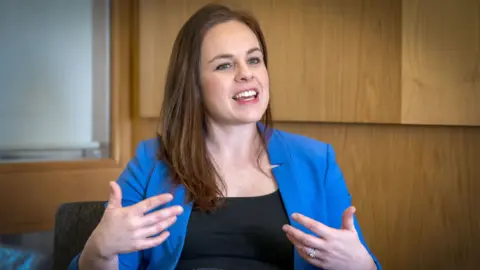 PA Media
PA Media
The SNP are "in-between" the Conservatives and Labour policy on new licences for oil and gas fields in the North Sea, the deputy first minister has said.
Speaking on BBC's Question Time programme Kate Forbes said the party would consider new licences to drill in the North Sea on a "case-by-case" basis.
She added that this position would be in contrast to Conservative plans to approve many new licences, but also avoid Labour's stance of refusing to approve new ones, which she claimed would risk thousands of jobs.
Scottish Labour leader Anas Sarwar said the claims regarding job losses were "scaremongering".
The Scottish Conservative leader Douglas Ross accused Labour of having "given up" on north east Scotland, while the SNP were trying to "ride two horses at once".

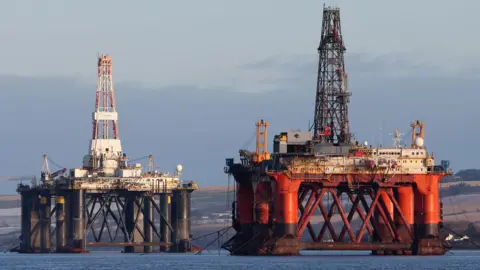 PA Media
PA Media
The future of the North Sea oil and gas industry has been a regular topic of debate during the general election campaign, including at the debate between Scottish party leaders last week.
On Question Time, which was held in Edinburgh, Ms Forbes was quizzed about whether it was possible to move to net zero without losing jobs in the north east.
She said the party wanted Scotland to be at "the forefront of green industries".
New licences, she said, would need to meet three tests: climate compatibility, energy security and energy cost.
The deputy first minister continued: "We are in-between Labour and the Conservatives.
"On one hand, the Conservatives are wanting to issue hundreds of new licences, which we don’t think is compatible – but on the other hand Labour’s position could jeopardise 100,000 jobs."
She added: "A just transition cannot be telling oil and gas workers you are losing your jobs tomorrow, and there might be another one in 10 years time – a just transition needs to take people with us."

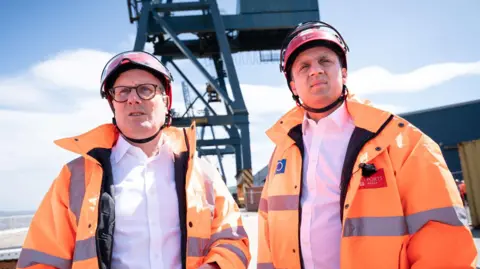 PA Media
PA Media
Sir Keir Starmer and Anas Sarwar say there would be no "cliff edge" despite their policy of not granting new licences.
Labour's manifesto, published on Thursday, confirmed it would not approve any new licences, although ones already granted would continue.
Mr Sarwar responded to the jobs claim - which has been used regularly by the SNP to attack Labour's plans - by saying that there would be "no turning off the tap" or "cliff edge" with Labour's policy.
Mr Sarwar said "oil and gas will play a significant role for decades to come" and that the current proposals were "strategic changes" that would help with "realising Scotland’s energy potential".
The Scottish Labour leader also expressed support for Labour's proposed new green investment firm Great British Energy, and said there should be a debate about use of "micro nuclear" power generation.
Scottish Conservatives leader Douglas Ross claimed "Labour have given up on the north east", citing concern over the impact on local jobs.
He added that GB Energy - a state-owned investment company which will be based in Scotland - would be "producing no energy whatsoever."
And he accused the SNP of secretly being against granting new licences, but not being prepared to admit it.
It was better to accept we still need oil and gas and produce it domestically, he argued, rather than have to import it from abroad which would have an even greater carbon footprint.
Earlier, at First Minister's Question's, Scottish Green co-leader Lorna Slater had accused the SNP of "equivocating" on oil and gas.
"When will the SNP get off the fence, get behind the science on this and admit that Scotland's future relies on green energy, and Scotland's oil staying in the ground," she said.
The Liberal Democrat manifesto promises to end fossil fuel subsidies, and deliver a just transition but does not specifically address the issue of drilling licences.
'Conspiracy of silence'
The three politicians also clashed on a range of other issues during the programme, including spending, private schools and healthcare.
Ms Forbes accused Labour of a "conspiracy of silence" regarding their spending plans, saying that as their financial policy would lead to £18bn of cuts to unprotected government departments.
Mr Sarwar responded by saying that it was in "black and white" that Labour would not return to austerity.
The debate also focused on Labour’s plans for VAT on private schools, a move which Mr Ross – who went to a state school – said would end up putting pressure on the state sector.
Mr Sarwar called the plan a “balanced decision” to allow more money to be invested in state schools, while Ms Forbes called it going for a “soft target”.
However she would not say if the SNP supported the plan, ahead of publication of her party's manifesto next week.
Discussion on healthcare saw both Ms Forbes and Mr Sarwar call for more funding for the NHS, though the deputy first minister was criticised over the SNP's stewardship of the health service, which is devolved to Holyrood.
Pressed on NHS waiting time figures – where 7,000 patients have waited two years for treatment – she said they were on a “trajectory” of improvement.
Mr Sarwar said many patients were now being force to turn to private treatment, and he called for the NHS system to be streamlined by reducing the number of Scottish health boards.
He said: “We should have fewer bureaucrats, fewer managers and more doctors and more nurses in our NHS. We could make that change tomorrow if we wanted to.”

 10 months ago
33
10 months ago
33
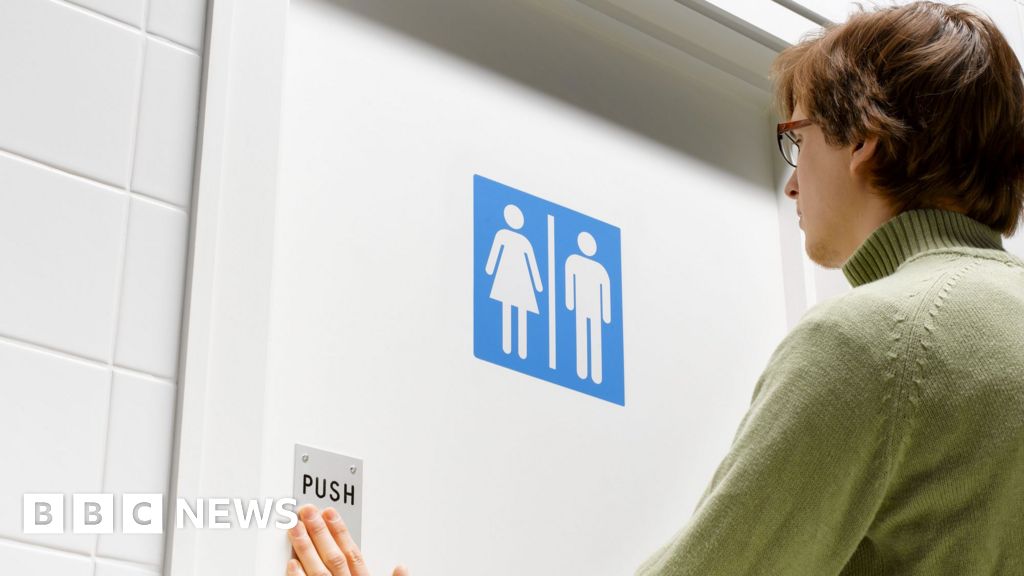
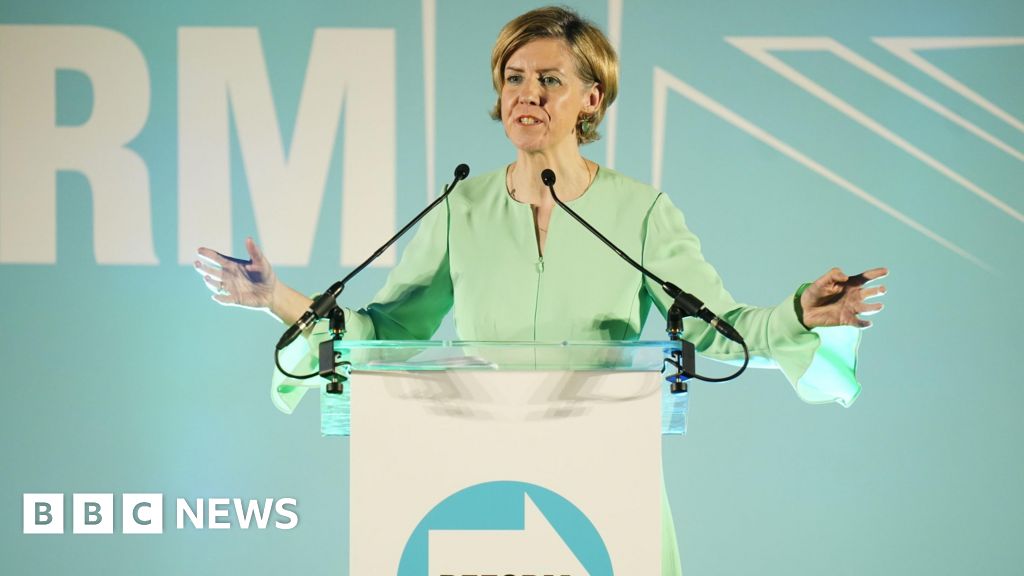
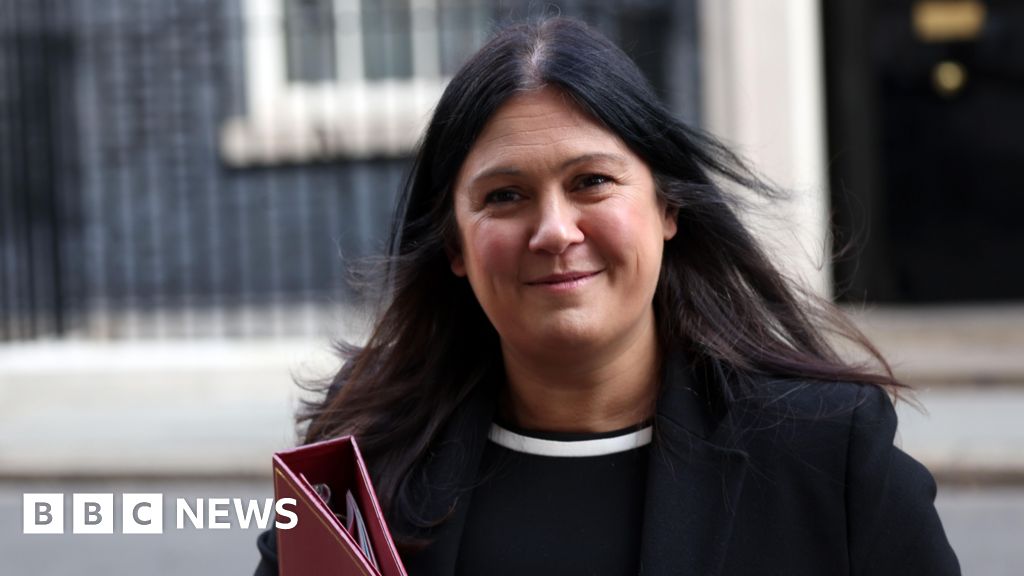





 English (US) ·
English (US) ·